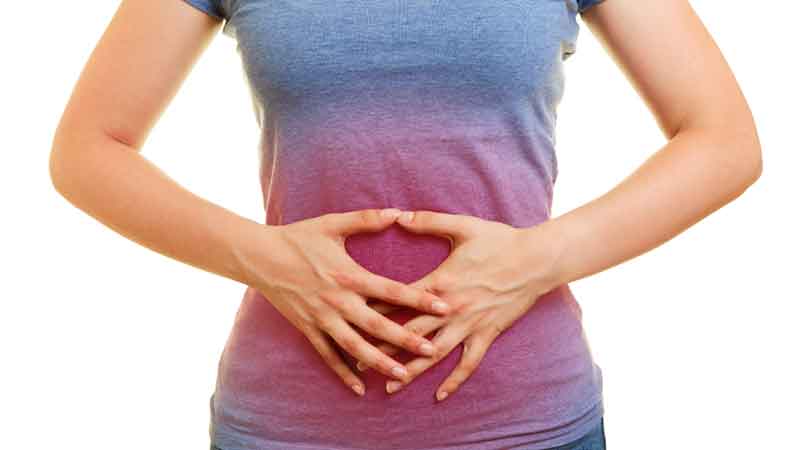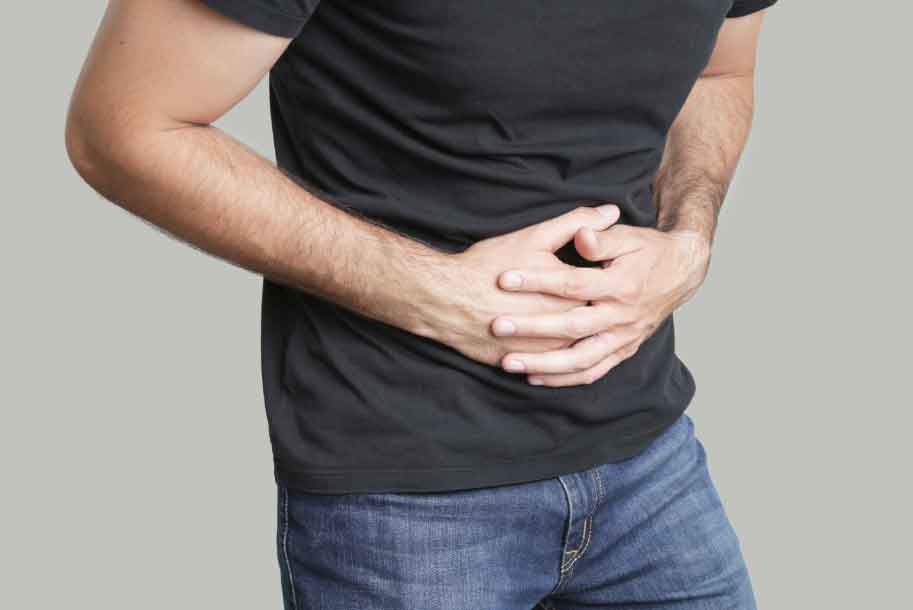5 Signs You Have Serious Gut Problems
Taking care of your body entails a holistic approach. It is, after all, made up of various systems that work together so that you can live your life to the full.
A vital function that you should look after is your digestion. Your digestive system is composed of the stomach, intestines, pancreas, liver, and gallbladder. It’s responsible for allowing your body to break down food and absorb vitamins and minerals for proper nourishment.

Issues with your digestive system can lead to discomfort. At worse, you may develop autoimmune conditions, like hypothyroidism, which results in an increase in thyroid antibodies that attack your own immune system.
To avoid these scenarios, you must identify the issues as early as possible. You can do this by being aware of the signs of serious gut problems, such as:
1. Upset Stomach
The usual culprit for discomfort in the stomach is gas, which results in bloating. While gas is a natural byproduct of digestion and fermentation in the gut, you might have elevated levels due to increased bacteria. This would lead to excessive fermentation and trapping gas in the gut.
Because this phenomenon happens to everyone, many people think that the said symptom is normal, when, in fact, their situation is already an indicator of gut problems. Consult your doctor and go for regular check-ups to ensure that your digestive system is healthy.
Some tips to help you get rid of gas and bloating:
- Drink Hot Tea – Hot drinks, particularly tea, has long been used to relieve an upset stomach. Peppermint and chamomile teas are the recommended flavors for this digestive issue.
- Consider Activated Charcoal – The name activated charcoal may be daunting to hear, but it’s actually just fine black powder from bone char, coconut shells, or peat. It absorbs toxins and chemicals in your gut so that it won’t seep into your digestive organs. You can find over-the-counter activated charcoal tablets in your local pharmacy.
- Try Apple Cider Vinegar – Mix a tablespoon of apple cider vinegar with water or tea and drink it before your meals. The concoction can help reduce gas and bloating symptoms.
- Get Moving – It might be uncomfortable to exercise when you have an upset stomach. However, you can try to do some light walking after meals to promote digestion and expel gas.
2. Bowel Movement Difficulties
Aside from gas, another apparent sign of gut problems is having issues with bowel movement. It can go both ways. You may experience frequent or rare bowel movements. Both situations point toward issues with your digestive system.
Occasional loose stool can occur to anyone at any given moment. However, chronic or acute diarrhea indicates bacteria overgrowth. It may also be a sign of infection. Plus, this condition can also push good bacteria out of your stomach, which would lead to more gut microbial imbalance.
On the other hand, you may also suffer from constipation and think nothing of it. Again, while bouts of difficulty in bowel movement can happen, it becomes a problem when you suffer from it regularly.
People who have difficulty in expelling waste typically lack the proper amount of good bacteria, such as Bifidobacteria. You can supplement this by ingesting probiotics and eating superfoods that help constipation.
3. Heartburn
Heartburn is characterized by a painful burning sensation in your chest or throat. It usually happens after eating since the acid from your stomach goes back up to your esophagus. It can lead to gastroesophageal reflux disease (GERD), which pertains to the frequency of the acid refluxes.
This phenomenon indicates a problem with the lower esophageal sphincter. The muscle relaxes when swallowing to allow food and liquid to go down your stomach. For people who suffer from GERD, however, it doesn’t tighten back up, which leads to acid reflux back to your esophagus.
It can also be a sign of digestive problems if you have so much acid in your stomach. That’s why you shouldn’t ignore frequent bouts of heartburn.

4. Bleeding
Finding blood on your stool can be alarming. If it’s just a one-off experience, the condition might not be severe. However, if you notice that it’s happening every time you expel fecal waste, you should be worried about gut problems.
Aside from hemorrhoids or anal fissures, another potential cause for blood in your stool would be gut problems. This phenomenon is actually a symptom of colon cancer, so it shouldn’t be taken lightly.
You can tell where the bleeding came from based on the color of the blood. Red would mean that it might have originated from your lower intestines, including the large intestines and anus. Meanwhile, a dark color can be a sign of problems with your upper intestines, such as the stomach and duodenum, or the first part of the small intestines.
The most prudent thing to do when you notice blood every time you poop is to consult your doctor. Again, you shouldn’t discount this type of condition.
Another thing you can do is to eat high-fiber food, such as legumes, nuts, oats, green leafy vegetables, and fruits. You can also do a Sitz bath, which entails sitting in warm water for 10 to 20 minutes, as this cleanses the perineum and relieves fissures, as well as hemorrhoids.
5. Autoimmune Conditions
Autoimmune diseases happen when your immune system attacks your body by mistake. It can be an abnormally low or high activity of the immune system to fight off an infection that doesn’t exist.
One of the diseases that are associated with digestive problems is ulcerative colitis, which is an inflammatory bowel disease that leads to unbearable stomach cramps and pains. It can also result in blood in your stool due to the bleeding ulcers.
Crohn’s disease is another autoimmune digestive disorder. With this, your body misidentifies something in your digestive tract as a disease or toxin and fights it. Aside from blood stool, you might experience indigestion and fatigue.
Conclusion You shouldn’t ignore these signs of gut problems if you’re experiencing them because they may be indicators of a more complex digestive issue. Keep track of how frequent these symptoms occur and consult with your doctor on how to address and alleviate the problems.

